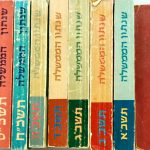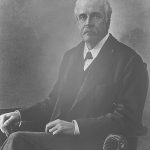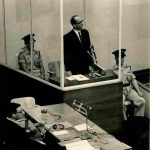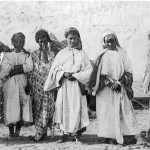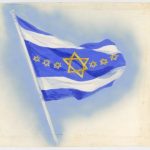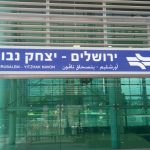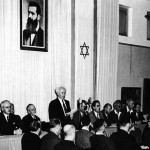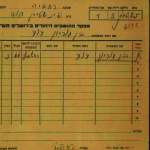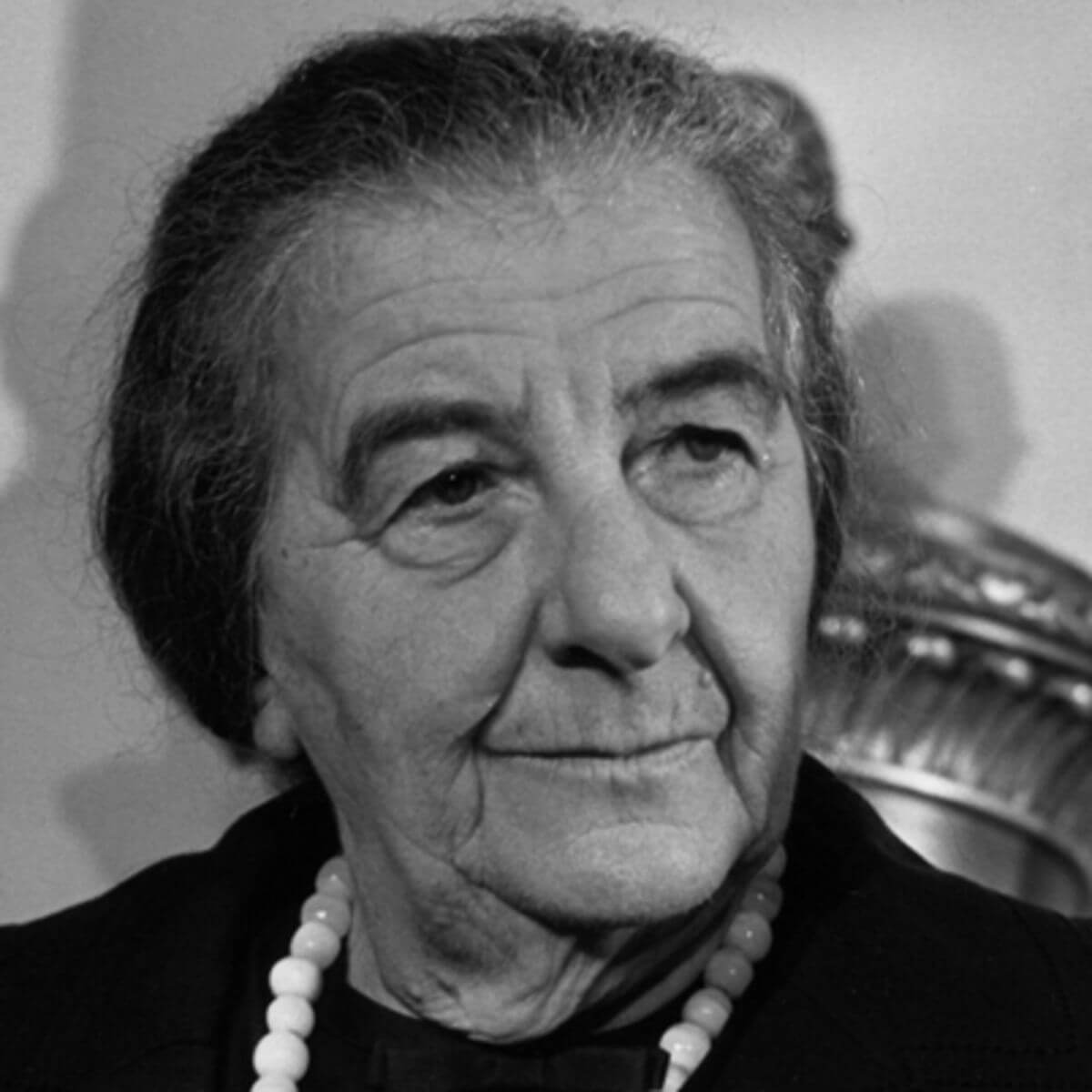Following the murder of the athletes, there was growing pressure in the Knesset and in the media to appoint a commission of enquiry to investigate the events. On 11 September Golda Meir proposed to the government, in its capacity of Ministerial Committee for Security Issues, “that an enquiry commission be appointed according to the Enquiry Commissions Law, to investigate our part in the matter, not just that of Munich”. At the meeting, a majority of ministers expressed their objection to appointing a judicial commission headed by a Supreme Court judge, which was supported only by Golda Meir and Yigal Allon. They decided not to appoint a commission, but to delegate the prime minister to appoint a person or team of her choice, “to complete the collection of information regarding the security arrangements of the Israeli delegation to the Olympics in Munich, and to present the findings of its investigation and its conclusions to the government “. Golda chose Pinhas Koppel, until recently the inspector general of the Israel Police, to head the investigating committee, and added two public figures: Moshe Kashti, the former director-general of the Ministry of Defence, and the engineer Avigdor Bartel, who was known to her from his work in the Ministry of Labour. Two days later the prime minister convened a consultation with two committee members and the attorney-general, Meir Shamgar. At this meeting the functions and scope of the investigation were defined, as well as its methods of operation. The committee was asked to gather information about the security arrangements for the Israeli delegation from all the bodies involved, and to present its conclusions and recommendations to the prime minister (Document 28).
The committee’s work continued for approximately two weeks. 36 witnesses appeared before it, including senior members of the General Security Service, the head of Mossad, surviving members of the Munich delegation, and journalists and public figures who were in Munich during the events. In addition, telegrams were sent from the embassy in Bonn, with information on the involvement of embassy personnel in providing security for the delegation.
On 29 September the committee, which was officially designated as a “team”, presented its report to the prime minister. The report consisted of a series of findings about the action taken before the opening of the games for protection of the delegation by the security forces both in Israel and in Germany. They noted that according to the accounts of the delegation members, they felt insecure in the Olympic Village and feared an attack, but did not demand an upgrade in the security, and “explained this by their belief that there were German and Israeli covert security arrangements”. The report reviewed the tip-offs about plans for attack that had accumulated in the intelligence community from 1 July 1972 until the day of the disaster, and noted that there was no specific warning about an attack at the Olympics, and that the amount of warnings “was not more intensive than at other periods of the year”. On 31 August 1972 a committee composed of representatives of the GSS, army intelligence and Mossad had met to analyze and assess “the information, and did not link it to the Olympics”.
In its conclusions the committee pointed to the “complete failure of the Germans”, but also to a number of unclear points and failures in the functioning of the Israeli bodies responsible for the delegation’s security, and especially noted the actions of the security officer of the Israeli embassy in Bonn. The members of the committee determined that “GSS arrangements regarding security abroad did not keep up with the changing needs”. In fact, according to existing protocols, “the relevant ministries are responsible for events in their field of action, even abroad”. The report concluded with a series of recommendations for the improvement of security arrangements abroad, and that “the head of the GSS reach conclusions, as he sees fit, about senior operatives for whom the conclusions of the team point to faults in their actions” (Document 31).
See also: Document 29, Document 30.

